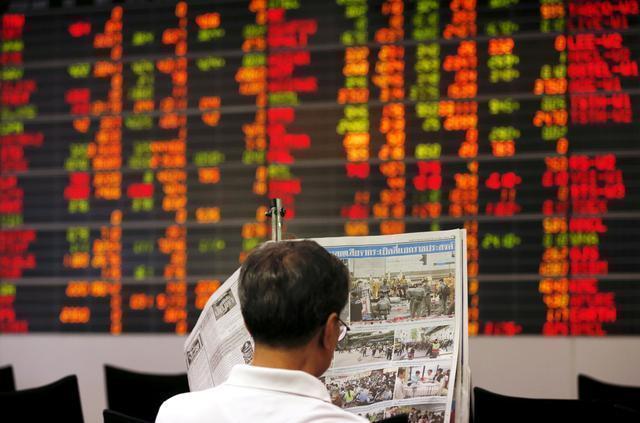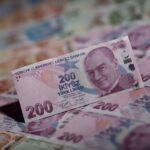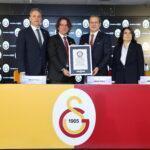The rate of foreigners on the Borsa Istanbul Stock Exchange has seen a historic low of 37.50% while the net outflow in the equity market has totaled USD 2.3bn since the week ending on November 26, 2021. The rate of foreigners on the stock exchange, which averaged 60% before the pandemic, has rapidly declined since domestic investors became buyers and the number of active share accounts increased from 1 million to 2.5 million.
On the other hand, the deep geopolitical risk caused by the Russia-Ukraine conflict has paved the way for relations between Turkey and the West to intensify. The recent diplomatic visits and resumed bilateral foreign relations indicate potential new collaborations in trade and energy, according to Soner Kuru, Assistant General Manager of Marketing at Marbas Menkul Degerler AS. “In parallel to all these developments, we think that Turkey may positively differentiate from its league and region in terms of capital flows, and foreign capital inflow to the country may show an upward trend,” Kuru said. But the most important obstacle for the country is its credit rating. “If Turkey shifts to more foreseeable and orthodox policies in macroeconomic balances and monetary policies, we estimate Turkey’s credit rating will rapidly increase,” Kuru added.
Central Bank Governor Sahap Kavcioglu convened with the Foreign Economic Relations Board of Turkey (DEIK) and World Turkish Business Council (DTIK) President Nail Olpak and Heads of the DTIK Regional Committees, according to Bloomberght. “Savings of citizens living abroad hovers around USD 200bn. Even 10% of this amount is an important resource for us,” Kavcioglu said in a speech at the meeting. The Central Bank, meanwhile, scheduled the first investors meeting of the year on March 24.
President Recep Tayyip Erdogan reiterated the necessity of continuing diplomatic efforts to end the ongoing war between Russia and Ukraine. “We are aware of the difficulties of the conditions [of the Russia-Ukraine war], but we will continue our sincere efforts, acknowledging that diplomacy is the only way out,” Recep Tayyip Erdogan told a joint news conference with Dutch Prime Minister Mark Rutte in Ankara. On relations with the Netherlands, Erdogan said the two countries “have common will to improve cooperation as NATO allies.” Pointing out that trade with the Netherlands increased last year by nearly 30% to reach USD 11bn, President Erdogan said the target was now USD 20bn.
DAILY AGENDA
The consumer confidence index rose by 1.9% to 72.5 in March, compared to the previous month, according to the Turkish Statistical Institute (TurkStat).
The unemployment rate dropped by 1.1 points to 12.0% in 2021, compared to the previous year, according to TurkStat.
The number of road motor vehicle registrations declined by 12.2% to 66,567 in February, as compared to January, according to TurkStat.
The overall export unit value index increased by 6.5% and the overall import unit value index jumped 42.7% in January, compared to the same month last year, according to TurkStat. The overall export volume index rose by 10.0% and the overall import volume index surged by 8.1% in the same period.
The National Security Council (MGK) will convene under the presidency of President Recep Tayyip Erdogan (3.00 pm).
The ordinary March meeting of the Istanbul Chamber of Industry (ISO) will be held with the attendance of Trade Minister Mehmet Mus (3.00 pm).
READ A SELECTED ARTICLE FROM OUR MAGAZINE:
>> We’re pushing our luck with the policy rate
Our Eco Analysis columnist Alaattin Aktas examines banks’ deposit interest rates in light of inflation and policy rate.










